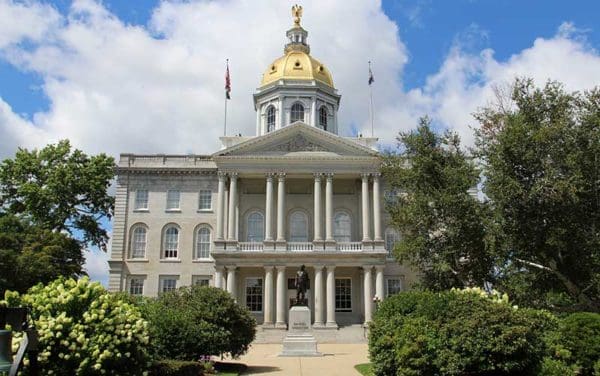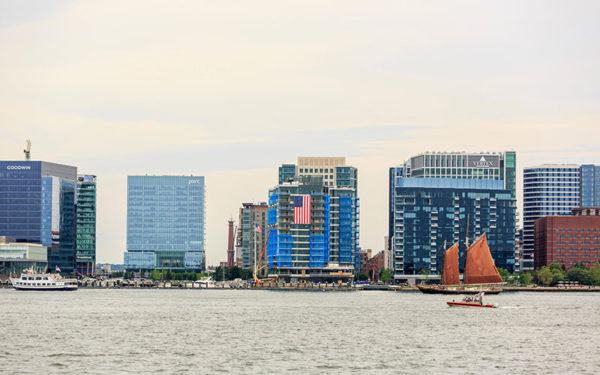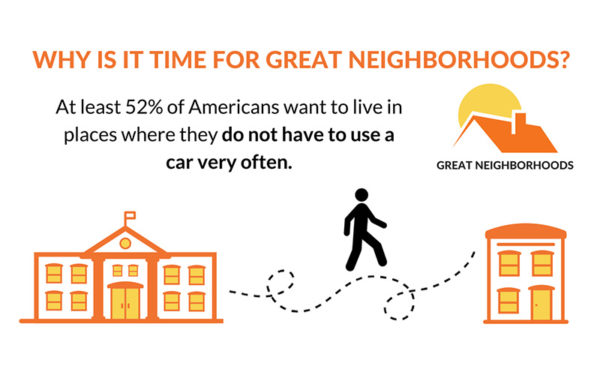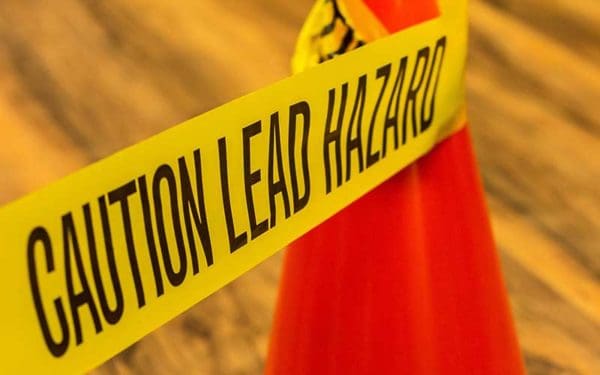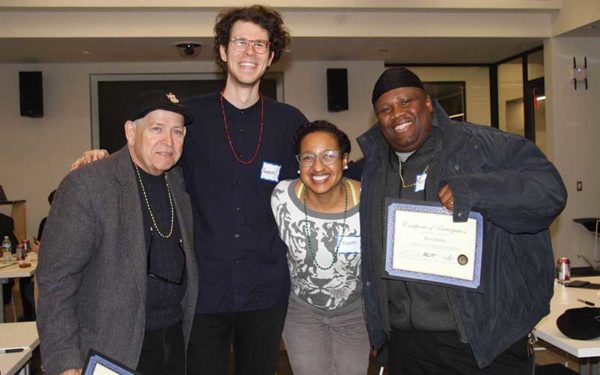Jan 24, 2018
… A Tuesday letter from the Conservation Law Foundation notifying the commission and MassDevelopment of its intent to sue alleges that both violated the federal Clean Water Act by failing to apply for and obtain a permit to legally discharge the water. Stormwater is runoff from rain or snow melt that picks up chemicals, toxins,… Continue reading Devens hit with lawsuit over Clean Water Act violation
Jan 18, 2018
“For too long, we’ve put New Hampshire kids on the front lines of this serious public health problem – risking their health and their futures with the permanent effects of lead poisoning,” said Tom Irwin, Director of the New Hampshire office of Conservation Law Foundation. “Today’s vote is a victory for kids across the state. And because childhood lead poisoning often has a disproportionate impact on low-income communities and people of color, creating yet another barrier to breaking the cycle of poverty, today’s vote is a victory for some of New Hampshire’s most vulnerable children and families. We look forward to seeing the Governor sign this important bill into law.”
Jan 10, 2018
We’re in the home stretch of our work to strengthen New Hampshire’s lead laws to better protect kids from the preventable tragedy of childhood lead poisoning. But we need a final push to state Senators to see the bill through to the Governor’s desk.
Jan 08, 2018
Boston’s newest neighborhood, the Seaport District, has drawn recent criticism for its high-priced housing and amenities, exclusivity, and lack of diversity. What started out as an incredibly rare chance for Boston to redevelop nearly 1,000 acres of city land is now largely considered a major missed opportunity. Given the billions of dollars of public investment… Continue reading Let’s Learn from the Seaport’s Mistakes, Not Repeat Them
Jan 04, 2018
We need more, better, and equitable housing choices, more vibrant, walkable downtowns, and healthy communities that protect us from climate change. We need development rules for a new generation. The Great Neighborhoods bill is a major step in the right direction.
Jan 03, 2018
“Childhood lead poisoning is a problem of statewide concern, affecting New Hampshire kids in rural and urban communities alike, and across all demographics, said Tom Irwin, director of the New Hampshire office of the Conservation Law Foundation. “But it’s a problem that disproportionately affects low-income families and some of our most vulnerable populations, and by impeding the ability of children to learn, it’s creating yet another barrier for families trying to break the cycle of poverty. Today, the House took an important step towards better protecting New Hampshire’s children and families.”
Jan 03, 2018
Lead poisoning threatens the most vulnerable members of our communities – our children – but it imposes tragically high costs on everyone.
Dec 20, 2017
“From addressing air pollution, to improving public transit, to building sustainable food systems and more, community health is the cornerstone of everything CLF does,” said CLF president Bradley Campbell. “New research collected on-the-ground has enabled us to chart a course for transformational change in Boston and other urban centers across Massachusetts tailored to the unique needs of each community. Thanks to this generous grant from RWJF, this proven model will be expanded and replicated nationally.”
Dec 12, 2017
A country’s tax policy is about a lot more than expenses and revenues. It’s a value statement about who we are as a nation. And as both houses of Congress go through the process of reconciling their tax bills, the statement being made is disturbingly clear. This bill says we value dirty, outdated fossil fuels… Continue reading Congressional Tax Bill a Direct Attack on Environment and Economy
Nov 29, 2017
“More than 350 million single-use plastic bags hit the streets of Boston this year alone, most of which end up filling our landfills, littering our communities, and polluting our air when burned up in incinerators,” said Kirstie Pecci, Director of CLF’s Zero Waste Project. “This new ordinance protects the health of our neighborhoods and our environment, while at the same time easing the burden on taxpayers and saving local retailers millions. We are optimistic that Mayor Walsh will follow the lead of 59 other Massachusetts cities and towns and sign this ordinance into law.”


